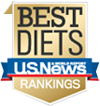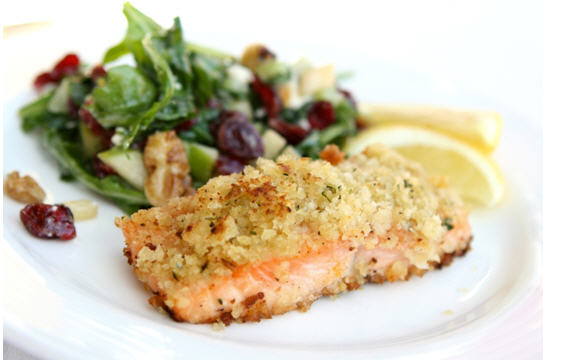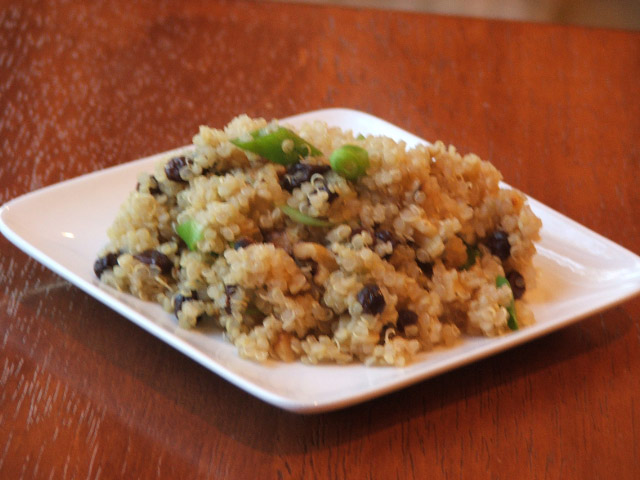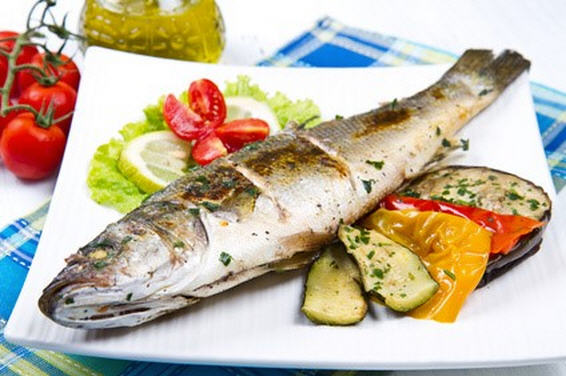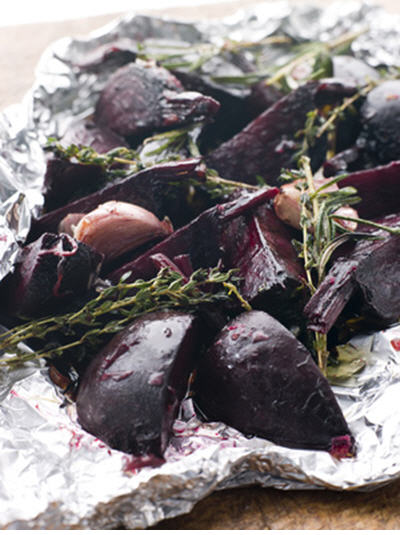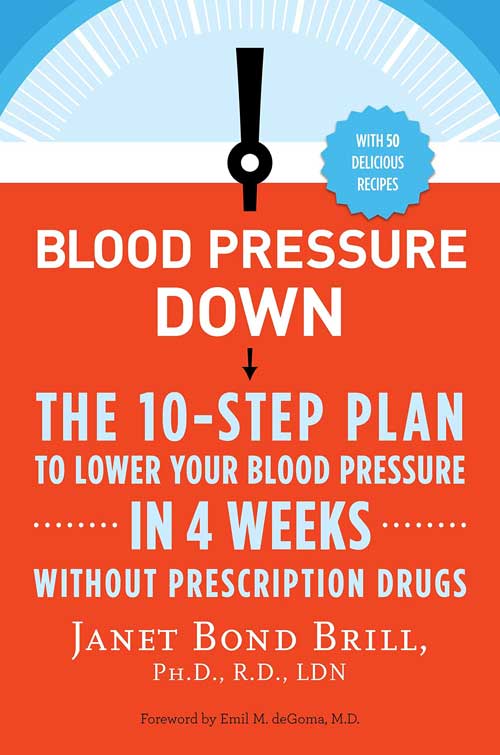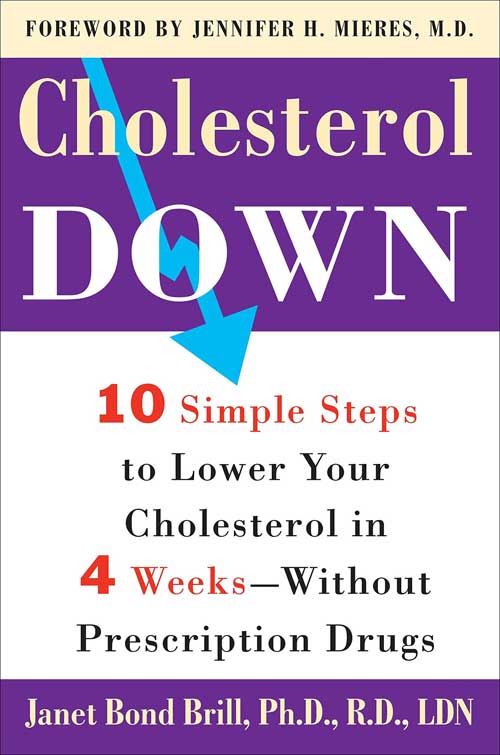By
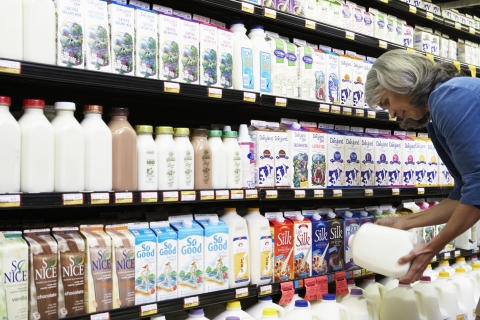

Spring is here, time to clean the house, dust off the winter blues and begin to tap into spring”‘s bounty as we celebrate the arrival of fresh produce. With spring”‘s focus on plants, now is the perfect time to consider moving over to a flexitarian lifestyle–meaning eating more of a plant-based diet–proven to promote good health. A simple way to start is by choosing a plant-based milk alternative in lieu of cow”‘s milk. The problem comes in when you stroll through the milk alternative aisle and are faced with a dizzying array of choices. The market is absolutely flooded with cow”‘s milk alternatives. What”‘s a health-conscious consumer to do?
Help is on the way”¦Here is a list of the pros and cons of some of the more popular milk alternatives:

Soy Milk
— Soy milk is actually not really milk but more of a strained plant juice. Soy milk is the liquid that remains after soybeans are soaked, ground and strained. Hence soy milk is a popular cow’s milk substitute for vegans and vegetarians since it is obtained solely from a plant. Soy milk doesn”‘t contain any lactose so is a good substitute for cow”‘s milk among lactose intolerant people. Soy milk is a complete protein meaning it contains all the essential amino acids necessary for growth and development.
Considering that heart disease is the leading cause of death among American men and women, it would behoove all Americans to eat more plants and less animals. Soy milk may help some people achieve this goal if they replace cow”‘s milk with soy milk. This move would also serve to reduce their risk for heart disease. Soy naturally contains isoflavones, plant chemicals that help lower LDL (“bad” cholesterol) if taken as part of a “heart healthy” eating plan. For better heart health, the recommendation is to consume about 25 grams of soy protein per day. One cup of soy milk has about 7 – 10 grams of protein.
Unfortunately, the media has circulated false fears among the public related to soy consumption and the potential to increase risk of breast cancer. In fact, recent research suggests that soy milk consumption may actually reduce breast cancer rates for some populations, including post-menopausal women and Asian populations. Soy”‘s unique effect on Asian women is thought to be the result of larger amounts of dietary soy consumed over longer periods of time than in other women. (Men concerned about any potential feminizing effect of soy can also rest assured that soy intake does not decrease testosterone levels or increase estrogen levels.)
Soy milk nutrition: One cup of unfortified soy milk contains almost 7 grams of protein, 4 grams of carbohydrate, 4½ grams of fat, and no cholesterol. Although soy milk supplies some B vitamins, it’s not a good source of B12, nor does it provide a significant amount of calcium. Since many people substitute soy beverages for cow’s milk, manufacturers offer fortified versions. These varieties may include calcium and vitamins E, B12, and D, among other nutrients.
If you do choose to use soy milk instead of cow”‘s milk, read labels carefully to be sure you’re getting enough of these important nutrients or consider getting them from alternative food sources.
Almond Milk
— Almond milk is a highly nutritious and super-low-in calorie cow”‘s milk alternative. The drink is made by soaking almonds in water for 6 to 8 hours. The almonds are drained and then blended into water until the liquid acquires a consistency similar to dairy milk. A cup of unsweetened almond milk contains 1 g of fiber and protein, 30-40 calories, as well as 2.5-3 g of fat. Note that the almond milk is very low in protein compared to soy milk and cow”‘s milk. I would suggest drinking the unsweetened versions.
Rice milk
— Rice milk is the third most popular nondairy alternative next to soy milk and almond milk. It is made by streaming brown rice through a mill and filtering out the pressed grain. Rice milk is highly nutritious, filled with B vitamins, iron and magnesium. Rice milk has the least amount of fat compared to all other alternatives. (There is only 1 gram of fat per cup of rice milk and all of the fat is unsaturated. Rice milk is also cholesterol free. ) The cons: rice milk is also very low in protein and calcium. Rice milk is also high in calories compared to other alternatives, at 120 calories/cup. Many brands are enriched with vitamins A, D & B12, and have the same calcium as milk. This is a good choice for those allergic to soy. Compared to fat-free milk or soy milk, rice milk has little to no calcium, iron, protein, vitamins and nutrients. Certain brands of rice milk are now fortified with calcium, vitamin D and vitamin A, so be sure to choose a rice milk with these supplements. Note that rice milk is lowest in protein of all the alternatives and also tends to be higher in sugar and calories than the others so look for those stats on the label. In my opinion, rice milk is the least nutritious of the bunch, as it is low in protein and fiber and is among the highest in terms of sugar and calories.
Coconut Milk
— Coconut milk is the liquid that comes from the grated meat of a coconut. The color and rich taste of the milk can be attributed to the high oil content. Most of the fat is saturated fat. Despite what you may have heard, coconut milk and oil is no health food. One cup of coconut milk contains a whopping 552 calories and 51 grams of saturated fat! The controversy comes in when looking at the type of saturated fatty acids that predominate in coconut fat: a medium chain triglyceride called lauric acid. Proponents state the high MCT content of coconut fat does not raise bad cholesterol and increases good cholesterol. Regardless of the lauric acid content of coconut oil, the fact is that the scientific evidence linking coconut oil as a whole to increased risk of heart disease points sharply in the direction of caution. In short, if coconut has any positive effect on health it is modest compared to its potential to raise your risk for heart disease, the leading cause of death in this country in both men and women.
Hemp Milk
— Hemp milk is a nutritious and tasty alternative to cow”‘s milk. Hemp milk is a vegan product made of a blend of hemp seeds and water. Unsweetened hemp milk is lower in calories and protein, but higher in fat than skim milk. A 1-cup serving of unsweetened hemp milk contains 70 calories, 5 grams of total fat, 0.5 grams of saturated fat, 0 milligrams of cholesterol, 2 grams of carbohydrates and 3 grams of protein. It is also fortified with calcium, vitamin D, and riboflavin. As with all the other alternative milks, go for the unsweetened varieties and be sure that the drink is a good source of the nutrients found in cow”‘s milk: calcium, vitamin D, B12, vitamin A. As a nutritious non-dairy alternative to milk, hemp milk can be used wherever one would use milk such as in cereals, baked goods or coffee and tea. Note that hemp is a wonderful source of the omega-3 essential fat, ALA, yet tends to be lower in protein than other alternatives.
Milk alternatives all vary in fat, calorie and nutrient content, so read the label and follow the guide above to make the most nutritious choice for your needs. The good news is that all plant-based milk alternatives contain zero cholesterol and have a health bonus not found in regular cow”‘s milk–they are rich in powerful disease-fighting antioxidant phytochemicals.
As dairy is a major source of calcium and vitamin D in the American diet, and if you are a vegan (vegetarians who do not consume dairy or eggs), you will need to make an extra effort to get those nutrients in. All of us need to know that non-dairy milk alternatives are naturally low in these nutrients therefore make sure to purchase the milks that have been fortified with both calcium and vitamin D. Also, scan the label for the word “unsweetened” (ensure that per serving the sugar content is less than 12 grams and keep the sodium to no more than 100 mg ). In terms of protein content, soy milk is the hands down favorite. Hemp, almond and rice milk are all poor sources of protein.
This year, why not start your spring cleaning from the inside out? Aim to eat (and drink) more plants and less animals for better health!
Dr. Janet


